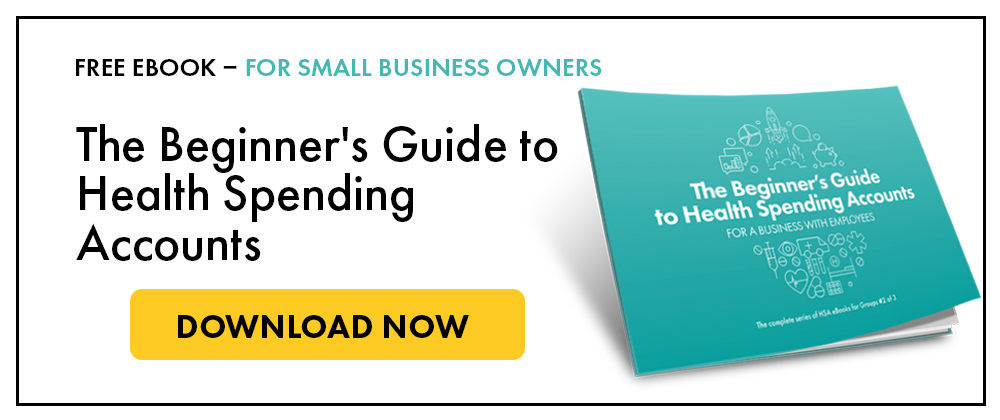Extended health care covers expenses beyond the reach of provincial health plans. For example, prescription drugs, vision, dental, professional services, medical equipment, physiotherapy, and more. This type of supplemental plan can come in many forms such as benefits or insurance. Many employers offer group packages which include extended health care coverage.
Why buy extended health care coverage?
Extended health care covers many commonly claimed items that fall outside of existing provincial plan coverage such as dental and vision expenses.
Should I buy insurance to cover these expenses?
Instead of paying out of pocket, many individuals and employers choose to enroll in a health insurance plan. However, insurance to protect against this "risk" is not needed in this instance. The coverage that these plans provide is for expected routine expenses that will not cause financial or life-threatening consequences if incurred. We're talking about things like prescription glasses, yearly dental checkups, massage therapy, etc. Insurance is notorious for having restrictions, increasing premiums, and co-pay. In some cases, you are paying an unnecessary amount for insurance rather than paying the fee upfront (and out-of-pocket).
Then what do you suggest for extended health care?
In Canada, employers and incorporated individuals can use a Health Spending Account, which is a plan that allows for tax-free reimbursement of medical expenses. Instead of sinking money in a monthly premium, employers can allot benefits to their employees. The claimed amount will always be 100% covered and reimbursed in tax-free dollars. The same applies for incorporated individuals. They can turn after-tax personal medical expenses into a before-tax business expense. This is the extended health care plan that works in your favor by leveraging tax in a cost-efficient manner.
Health Spending Accounts
As Health Spending Accounts abide by the CRA, the reimbursements are 100% tax free to the employee and a business expense for the company, which makes the plan a cost-efficient choice. Furthermore, the versatile nature of the plan allows employees to spend on a wide range of eligible medical expenses while allowing the employer to customize and limit spending.
For a single-person incorporated business (with no arm’s length employees), Olympia plans do not require the employer to pre-fund. Since the owner is the sole employee (beside spouse – if applicable), this allows the owner to have more control over their budgeting. They pay while submitting the claim. For more information, visit our health and dental plans.
If you are a business with arm’s length employees, visit employee benefits plans.
Note: this is not an insurance plan. HSAs are only eligible for incorporated businesses.
What does a Health Spending Account cover?
It covers all the typical expenses within an extended health care plan. For the full list, check out this article on eligible HSA expenses.

Related Reading:
How does a Health Spending Account work?